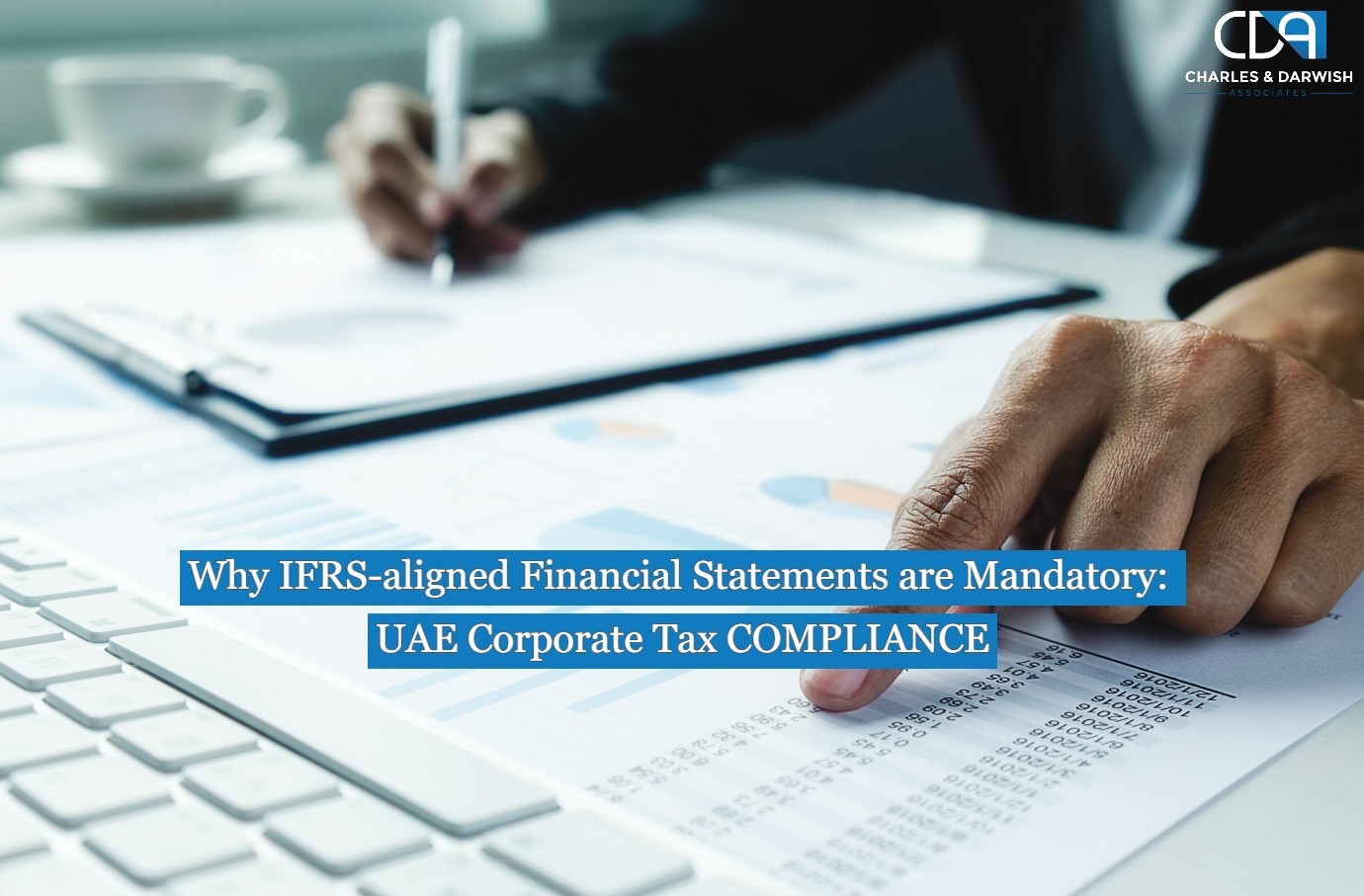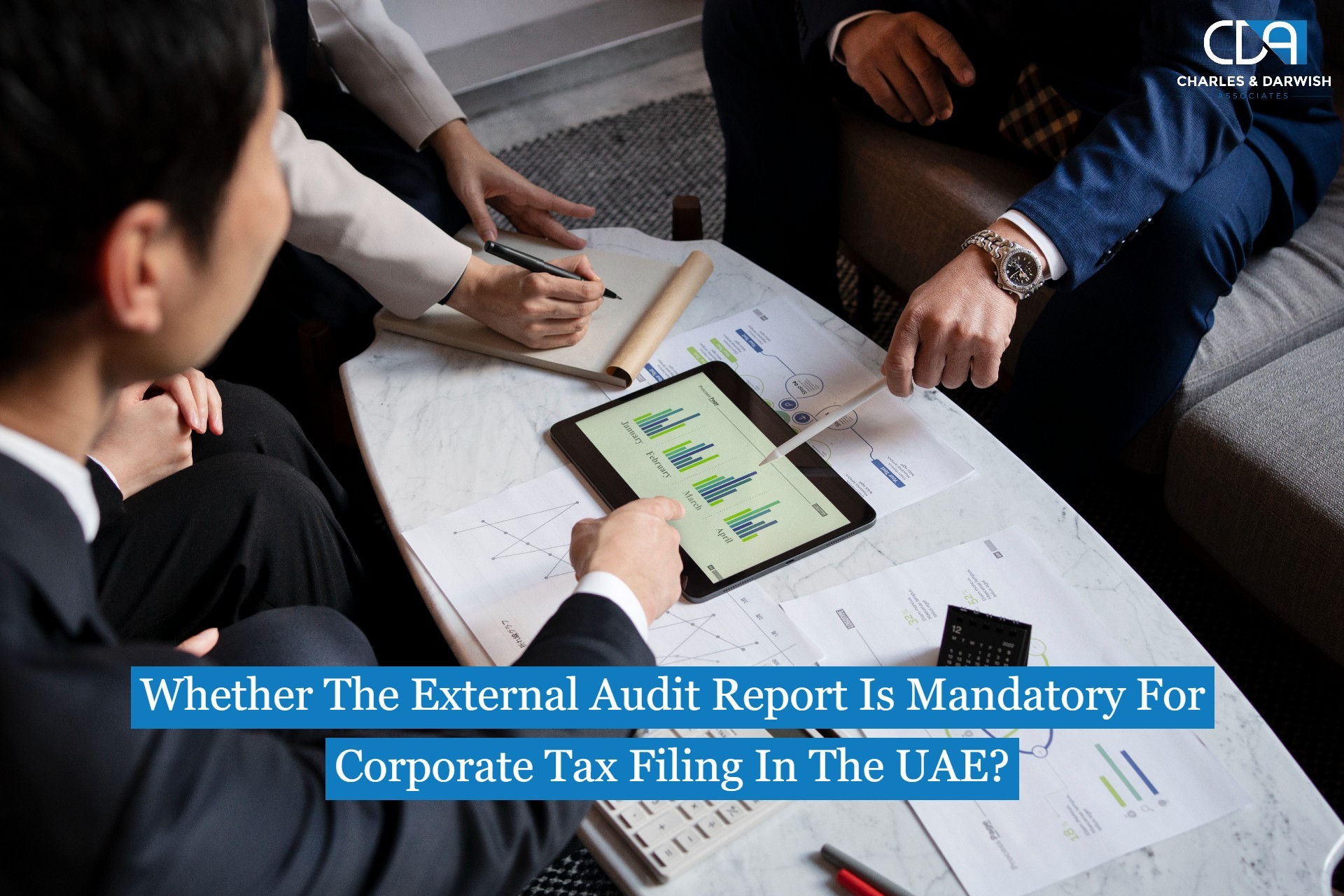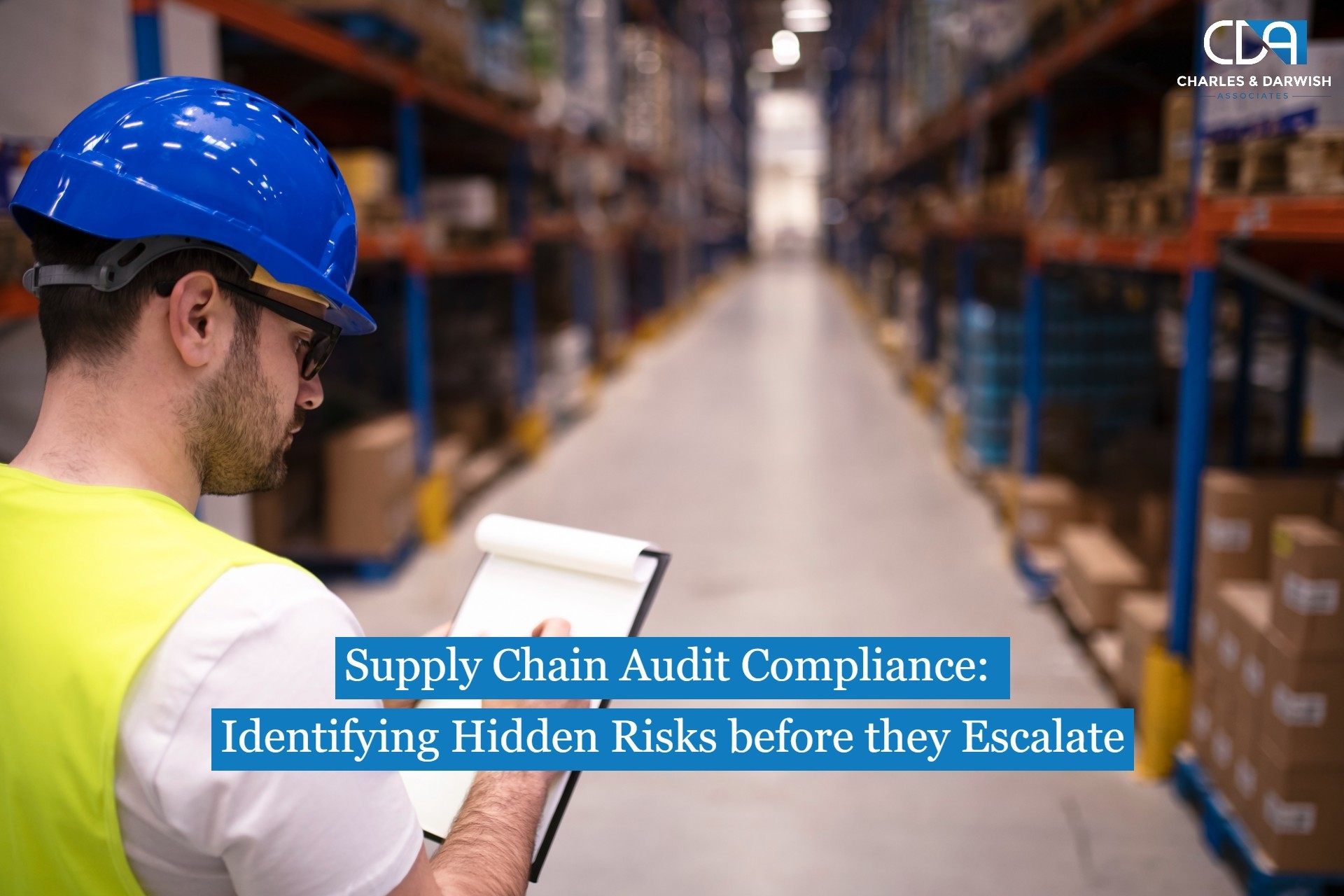A Guide to Accounting for Cryptographic Assets in UAE
Cryptographic assets, especially bitcoins are getting lots of attention and interests recently among investors across the globe. Even in UAE, there are more and more exchange platforms getting established to facilitate the trading of cryptographic assets. The subject of Cryptographic assets is very new to everyone and an evolving one, for which clear cut accounting methods are still not defined anywhere specifically. While analysing accounting for cryptographic assets, Sometimes it may seem complicated to apply the accounting judgements due to the complex elements and factors involved in the process of managing such cryptographic assets. Here we discuss some of the major features of those assets which are to be analyzed on a case to case basis by each entity to reach the appropriate accounting treatment in compliance with the accounting framework as applicable to them.
What is meant by Cryptographic assets?
Cryptographic assets are transferable representations in digital form which are secured enough to prevent duplication and maintained using block chain technology. The most familiar cryptographic assets in the market are cryptocurrencies, of which the ones which are often heard in recent times are Bitcoin and Ether. A lots of platforms now accept cryptographic assets as consideration instead of standard traditional currencies in exchange for goods and services. Some of the regulators also started accepting such cryptographic assets as securities in legal form.
How to derive the accounting treatments for Cryptographic assets?
It is to be noted that accounting treatment for each cryptographic asset may vary on case to case basis, following are few major aspects of such assets which will primarily help in determining the appropriate accounting method:
- Purpose of holding the cryptographic asset – Similar to any other asset the purpose or intention behind holding the asset plays an important role in classifying and recording the cryptographic asset. For example, if an entity holds such assets for sale in their ordinary course of business, those assets may satisfy the criteria for classification as inventory as per IAS 2.
- How does the cryptographic asset derive its inherent value? – This will depend upon the very origin of each cryptographic asset and terms by which it is maintained in the digital form. For example, cryptocurrencies derive their price based on supply and demand, whereas asset-backed tokens derive their values from the underlying assets.
- Is the person holding the cryptographic asset the real owner or the holding is on behalf of someone else? – Whether the assets are recorded on the balance sheet or to be recognized as off balance sheet items, will depend upon the ownership and rights to the assets. There are many cryptographic trading exchanges being incorporated even in UAE, which makes this criterion more relevant when it comes to the accounting for crypto assets. Rights of those trading platforms can be analyzed by examining the agreement with their customers and appropriate accounting treatments for the cryptographic assets can be applied accordingly.
Based on the analysis of above factors and further detailed examination cryptographic assets can get classified into different categories of assets such as inventories, intangible assets etc. It is for sure that cryptographic assets will not fall under the category of property, plant and equipment, as they are not tangible items.
What are the major challenges faced in determining the accounting treatment for Cryptographic assets?
- The field of cryptographic assets is a rapidly evolving one and hence everyone involved in this shall be aware of latest developments in this area to remain updated for the changes if any
- There can be hybrid varieties of cryptographic assets with a combination of multiple characters which makes the determination of accounting treatment difficult in some circumstances.
- Since there is no exclusive advisory in IFRS for cryptographic assets, users may have to follow the general accounting rules and guidelines in existing standards to categorize and account these assets.
- Volatility of their prices, makes it challenging to finalize the fair valuation of crypto assets

To clarify your queries on accounting for Cryptographic assets, feel free to contact CDA
Due to their intrinsic nature and forms, cryptographic assets require subject matter expertise to apply and maintain the accounting methods consistently. CDA has a dedicated accounting team with professionals experienced in providing solutions to complex accounting issues across various sectors in UAE. We can provide you with value adding accounting and other consultancy services to record and manage your Cryptographic assets or any related business. We can share with you the industry best practices and recommendations to streamline your accounting exercises in line with the regulatory requirements as applicable and relevant to your business.

Mark Thompson
Full-stack Developer, Blogger, and Tech Enthusiast.
Mark specializes in digital marketing, SEO, and content strategy.













